| |
| |

The Morgens Group, LLC
Wellesley Hills
♦
Sherborn
♦
Norwood |
|
| |
 |
|
| |
|
|
| |
|
|
Neuropsychological
Evaluations |
|
A
neuropsychological evaluation is a
comprehensive assessment of one's cognitive
abilities and functions and how they
interact with development and
social-emotional and behavioral functioning.
|
|
|
|
|
In
addition to a clinical interview and
observation, standardized test
procedures are used to assess the
various abilities that relate to the
individualís functioning. In some
cases, generally for children, an
observation at school is included. The areas
that a neuropsychological evaluation may
assess, but are not limited to, include: |
 |
|
|
|
|
Areas addressed
by a
Neuropsychological
Evaluation |
|
● |
Intelligence /
Cognitive Skills |
|
● |
Academic Achievement |
|
● |
Attention /
Concentration |
|
● |
Learning and Memory |
|
● |
Language and
Communication Skills |
|
● |
Visual Perception /
Spatial Skills |
|
● |
Motor Skills /
Coordination |
|
● |
Sensorimotor /
Sensory Processing |
|
● |
Problem Solving and
Critical Thinking /
Conceptualization |
|
● |
Executive
Functioning
(Planning,
Organization,
Abstraction, etc.) |
|
● |
Developmental
Abilities |
|
● |
Motivation /
Judgment |
|
● |
Social-emotional
functioning / Mood /
Personality |
|
● |
Adaptive and
Self-Help
skills/functioning |
|
● |
Behavioral
functioning |
|
|
|
|
 |
The areas addressed in
an individual's evaluation are determined by
the referral question, client's (or parent)
complaints and symptoms, and observations
made during interview and test
administration. Some abilities may be
measured in more detail than others,
depending upon the client's individual
needs. |
|
|
|
|
When to
seek out a Neuropsychological Evaluation: |
|
A neuropsychological evaluation is
recommended when there is a suspected
neurologically-based impairment. The
impairment may be mild or severe and can
affect cognitive functioning, mood,
social-emotional functioning and/or
behavior. Referrals are typically made to
diagnose, clarify or rule out possible
conditions. |
 |
|
|
|
|
Common Reasons
Neuropsychological
Referrals are Made |
|
● |
Change to physical
health
(e.g., traumatic
brain injury,
strokes, seizures,
illness, etc.) |
|
● |
Memory Problems
(e.g., Dementia,
Alzheimer's Disease,
etc.) |
|
● |
Affects of toxins
(e.g., substance
Abuse toxic
exposure, etc.) |
|
● |
Developmental
concerns or delays
(speech, motor,
social) |
|
● |
Difficulties with
social interactions
(with peers, adults,
caregivers, etc.) |
|
● |
Reduced self-help or
daily living skills |
|
● |
Separation Anxiety |
|
● |
Sensory Issues
(e.g.,
under-aroused,
easily
over-stimulated,
etc.) |
|
● |
Attention and
concentration
difficulties |
|
● |
Academic or
occupational
struggles / Failing
to meet potential |
|
● |
Academic, social,
behavioral or
emotional needs not
being met at school |
|
● |
Difficulty
understanding others
despite normal
hearing |
|
|
|
|
|
For some populations, updated
neuropsychological evaluations are useful
for tracking progress (e.g., rehabilitation
of TBI, children receiving specialized
services or educational plans, etc.).
Neuropsychological evaluation are important
for treatment planning, whether for
disability determination, rehabilitation,
educational or vocational. |
|
|
|
|
Results:
Results of a
Neuropsychological Evaluations
will include a comprehensive
profile of the client's strengths
and weaknesses as an individual,
and may include a diagnosis, if
criteria are met, in order to
provide client-specific
treatment strategies and
determine what therapeutic
services and
educational/vocational
modifications are needed in order
to optimize the client's
progress.
Our clinicians are also
available to attend your child's
school Team Meetings to describe
the results and their
implications for the child's
learning, as well as offer
support, answer questions, and
provide recommendations.
|
|




|
| |
|
|
The Morgens Group, LLC
| 6 Abbott Street | Wellesley Hills, MA 02482 | (781) 899-1160
© 2003 The Morgens Group, LLC All Rights Reserved |
|
|
|
|
OUR EVALUATIONS
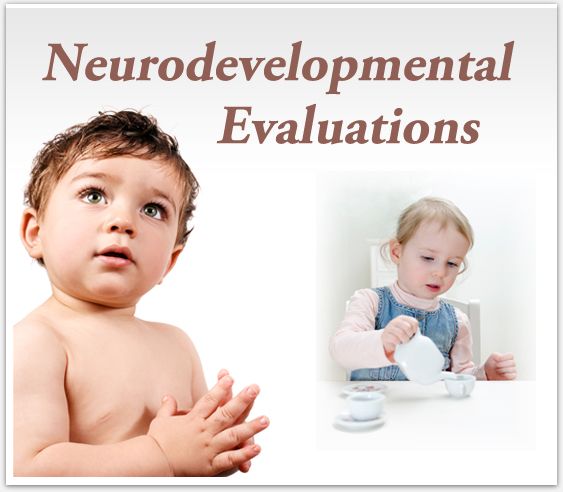
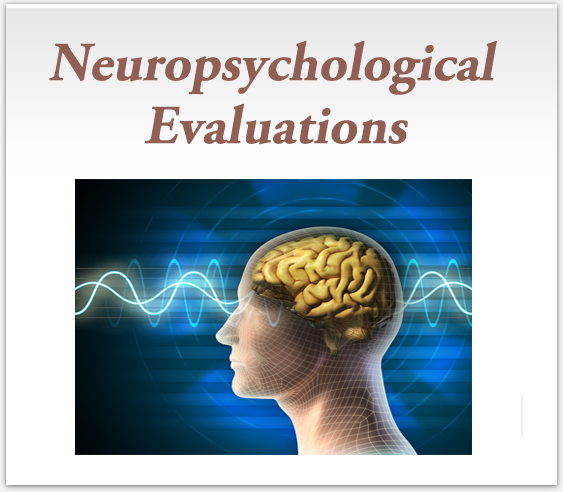

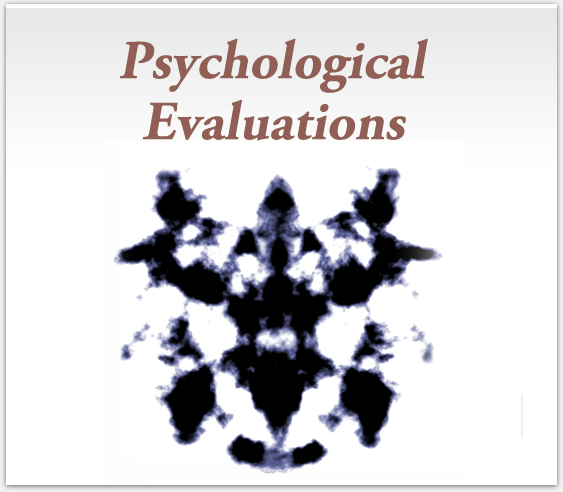
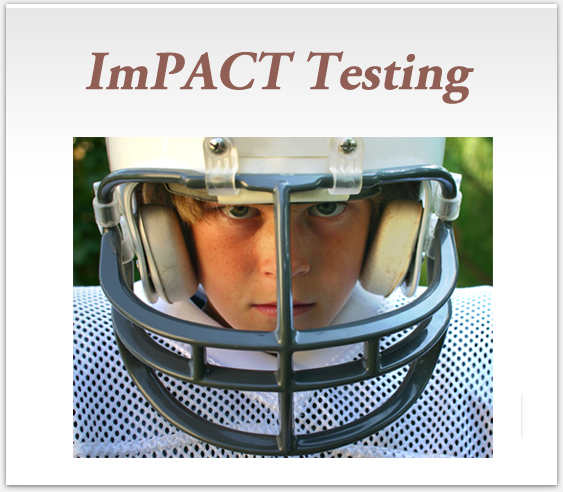
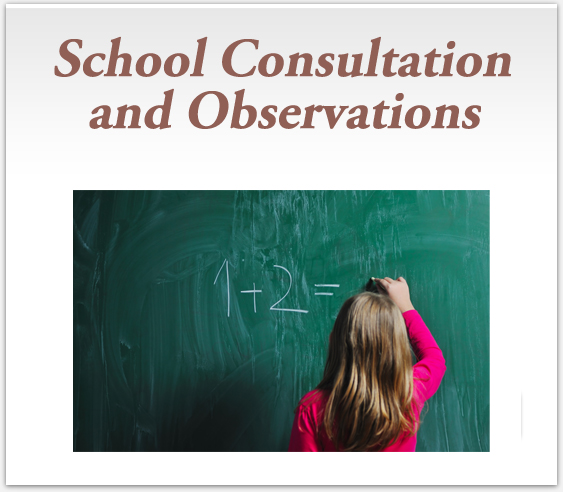
|
|
|
|